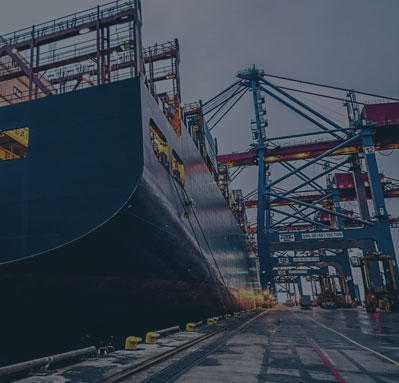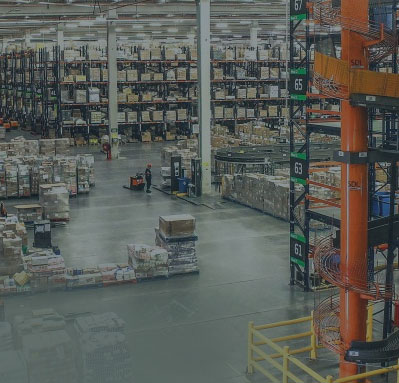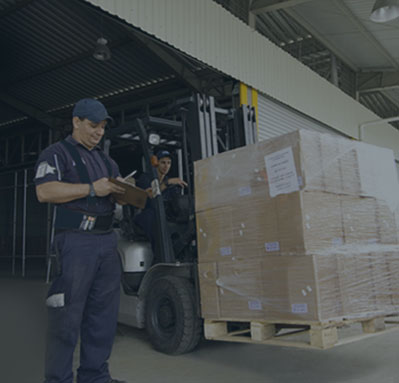In the world of international trade, terms like customs duties, taxes, and tariffs are often used interchangeably. However, they represent different aspects of the fiscal policies imposed on goods as they cross borders. Understanding these distinctions is crucial for businesses involved in import and export, as they affect pricing, compliance, and overall trade strategy. This blog will explore the differences between customs duties, taxes, and tariffs, shedding light on their unique roles and implications.
What are Customs Duties?
Customs duties are taxes imposed on goods when they are transported across international borders. They serve several purposes, including protecting domestic industries from foreign competition, generating revenue for the government, and regulating the flow of goods. There are different types of customs duties:
- Ad Valorem Duties: These are based on the value of the goods. For example, if the duty rate is 10% and the value of the goods is $1,000, the duty payable is $100.
- Specific Duties: These are based on the quantity, weight, or volume of the goods. For instance, a duty might be $5 per kilogram of a product.
- Compound Duties: These combine both ad valorem and specific duties. For example, a duty might be 5% of the value plus $2 per kilogram.
The primary purposes of customs duties are to generate revenue, protect domestic industries, and regulate trade. Governments use customs duties to generate significant revenue. By imposing duties on imported goods, governments can make foreign products more expensive, giving local industries a competitive edge. Duties can also regulate the import and export of certain goods, protecting public health and safety.

What are Taxes?
Taxes are compulsory financial charges imposed by governments on individuals and businesses to fund public expenditures. In the context of international trade, taxes can apply to both imported and exported goods. The main types of taxes relevant to international trade include Value-Added Tax (VAT), Goods and Services Tax (GST), excise taxes, and corporate income taxes.
Value-Added Tax (VAT) is a consumption tax levied on the value added to goods and services at each stage of production or distribution. Importers often have to pay VAT when goods enter a country, which can be reclaimed later if the goods are resold. Goods and Services Tax (GST) is similar to VAT and is levied on the supply of goods and services, common in countries like Australia and Canada.
Excise taxes are imposed on specific goods such as alcohol, tobacco, and fuel. These taxes are often included in the price of the goods and can apply to both domestically produced and imported items. Businesses involved in international trade are subject to corporate income taxes on their profits, with the tax rate and regulations varying by country.
What are Tariffs?
Tariffs are a type of tax imposed by a government on goods and services imported from other countries. While similar to customs duties, tariffs specifically aim to protect domestic industries and encourage domestic production. By making imported goods more expensive, tariffs protect local businesses from foreign competition. Higher tariffs can incentivize companies to produce goods domestically rather than importing them.
Tariffs can take various forms, including ad valorem tariffs, which are based on a percentage of the value of the imported goods, and specific tariffs, which are fixed fees based on the quantity or weight of the goods. For instance, a country might impose a 20% ad valorem tariff on imported cars or a $30 specific tariff per ton of imported steel.
The primary goals of tariffs are to protect domestic industries, generate government revenue, and sometimes retaliate against trade practices deemed unfair by the imposing country. By raising the cost of imported goods, tariffs can make domestic products more attractive to consumers, thereby boosting local industries and preserving jobs. This protection can be especially crucial for emerging industries that need time to develop before they can compete effectively on a global scale.

Navigating Customs Duties, Taxes, and Tariffs
For businesses involved in international trade, understanding the nuances of customs duties, taxes, and tariffs is essential. Staying informed about changes in trade policies, tariffs, and tax regulations in the countries you trade with is crucial. Consulting experts such as customs brokers, tax advisors, and trade consultants can help ensure compliance and optimize your trade strategy. Leveraging trade agreements can reduce or eliminate tariffs and duties on certain goods. Planning ahead by factoring in the cost of duties, taxes, and tariffs when pricing your products and negotiating contracts is also important.
Moreover, implementing robust compliance programs can help businesses avoid penalties and delays. This includes maintaining accurate records, conducting regular audits, and training staff on regulatory requirements. Businesses should also develop contingency plans to address potential trade disruptions caused by changes in tariffs or customs regulations. Building strong relationships with logistics providers and customs officials can further enhance a company’s ability to navigate the complexities of international trade.
Partner with Cargoline for Expert Guidance in International Trade
Understanding the differences between customs duties, taxes, and tariffs is crucial for any business engaged in international trade. While they all represent financial charges on goods, their purposes, applications, and impacts vary significantly. By staying informed and seeking expert advice, businesses can navigate these complexities, ensuring compliance and optimizing their trade operations.
At Cargoline, we specialize in providing comprehensive logistics solutions that help businesses manage these challenges effectively. Whether you need assistance with customs clearance, compliance, or navigating tariffs, our team of experts is here to support you. Contact Cargoline today to learn how we can streamline your international trade processes and help your business thrive in the global market.







